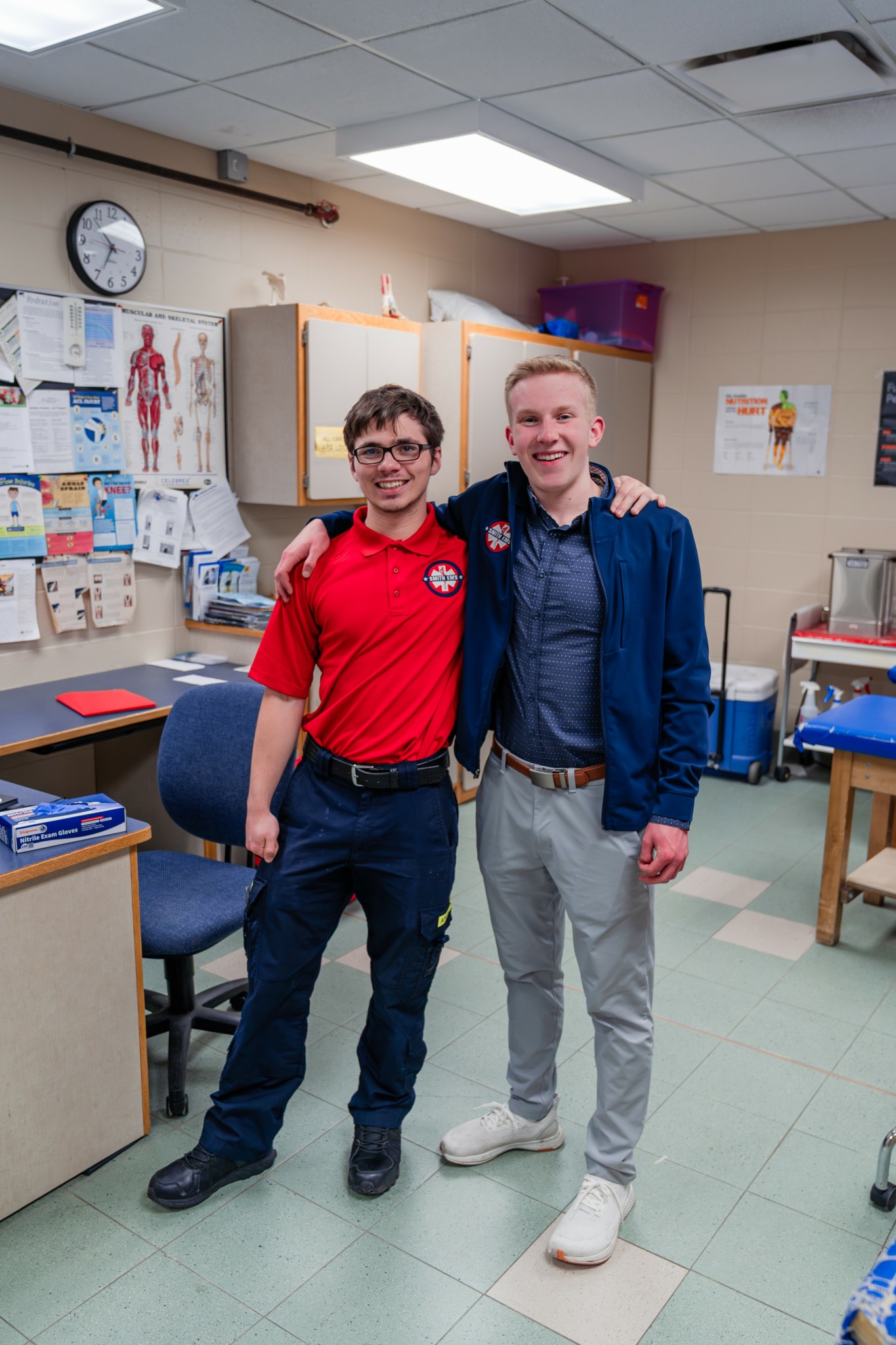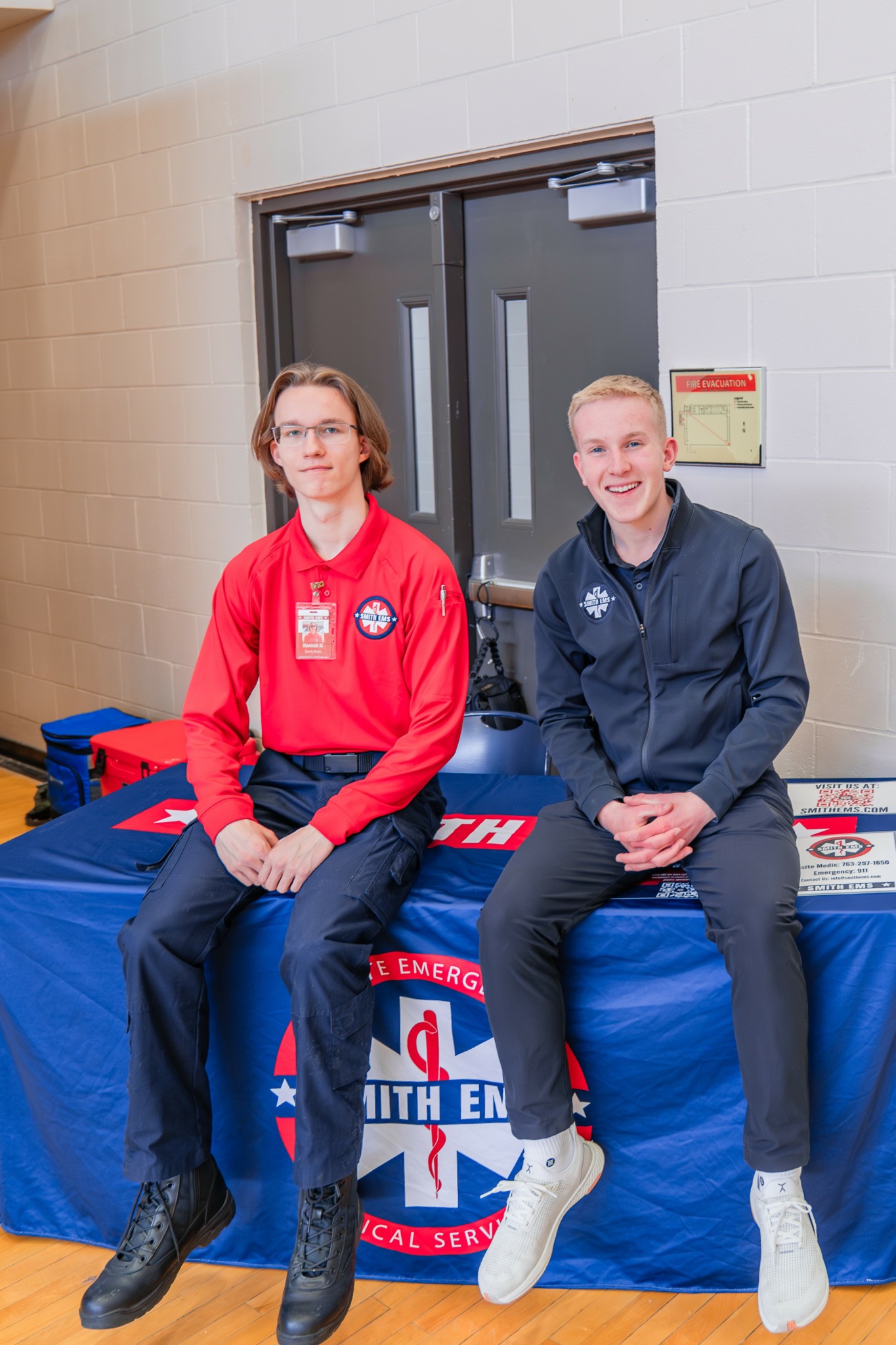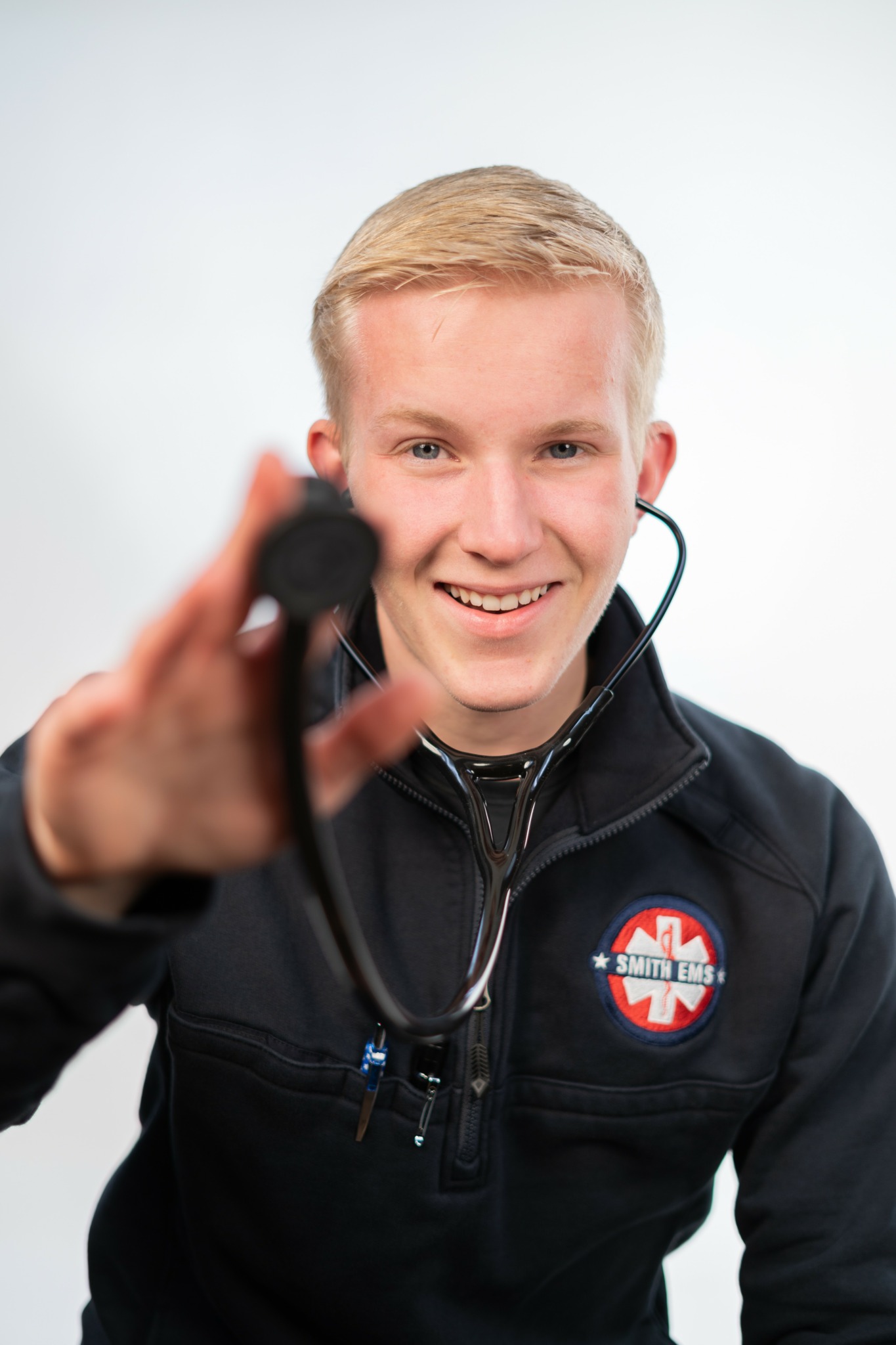We recently connected with Chase Smith and have shared our conversation below.
Chase, thanks for joining us, excited to have you contributing your stories and insights. Let’s start with a story that highlights an important way in which your brand diverges from the industry standard.
Starting out in event medicine, I worked as a medic for sports and events across the Twin Cities. I began with various companies that provided little to no training—some allowed me to jump into shifts the following weekend, at just 14 years old. It didn’t take long for me to notice the norms of the job: clock in, find a spot to sit, scroll on your phone, clock out. There was no sense of professionalism or standardization. Uniforms ranged from hoodies to short-shorts. Some medics brought fully stocked trauma bags—others showed up with a personal purse or a half-empty backpack. It wasn’t just me who noticed—clients did too. After working with dozens of event organizers, I kept hearing the same thing: “We never know what we’re going to get.”
This inconsistency is what eventually led me to create Smith EMS, with a goal of filling the service gap within the Twin Cities market, and a mission of helping to create safer sporting events throughout the Midwest. From day one, we’ve been focused on bringing visibility, professionalism, and reliability to the sidelines. Our medics wear branded quarter-zips, arrive with standardized gear, and are trained not just to respond, but to communicate. We walk the venue, check in with event leads, and serve as a visible resource—not a hidden one. It’s not just about having a medical presence; it’s about being part of the event’s success.
One story that comes to mind was from an athletic director at one of our high school partner schools. We had been working with him and his teams for just over 2 months. He came up to me and told countless stories of parents, asking what happened with their medical staff? One dad had said he hadn’t noticed anyone onsite before, even when they had worked with other companies in the past. A mom talked about being surprised to find a medic that was able to be involved with the game, interact with the athletes, and always introduce themselves. Fair to say, our impact goes beyond the players on the field and the staff on the sidelines. One of our core values is “People Matter”, each one of our medics portrays this by being more than a worker at a game, say something else here.
One story that comes to mind was from an athletic director at one of our high school partnerships. We had been working with him and his teams for just over two months when he pulled me aside to share some unexpected feedback. He recounted how multiple parents had come up to him—one dad said he had never noticed a medic onsite before, even when other companies were contracted in the past. A mom mentioned how surprised she was to see a medic actively involved: watching the game, interacting with athletes, and introducing themselves before kickoff and to parents when their kids were injured.
Fair to say, our impact goes beyond just the players on the field or the staff on the sidelines. One of our core values is “People Matter,” and each one of our medics lives that out—not by simply being there, but by showing up with purpose. They engage, they support, and they act as a trusted presence that elevates the entire experience for athletes, families, and schools alike. At Smith EMS, we’re not trying to compete on being the cheapest option—we’re building something sustainable, trustworthy, and respected. We diverged from the industry standard because the standard wasn’t good enough. Our clients, our medics, and the athletes on the field deserve better. And that’s what we aim to deliver.


Chase, before we move on to more of these sorts of questions, can you take some time to bring our readers up to speed on you and what you do?
I’m Chase Smith, founder and owner of Smith EMS, a premium onsite medical service specializing in sports and event coverage across the Midwest. I’m a high school senior and business owner based in the Twin Cities, and I started Smith EMS with one clear goal: to raise the standard in event medicine. After over a year in business, and more than 2,500 games covered, my team and I have done just that.
My journey started at just 14 years old. I had grown up playing hockey, then reffing and doing time clocks. I was always the one who’d have to call event medics into the rinks at games. As event staffing shortages grew, the medics I worked with encouraged me to get certified. As restrictions eased due to covid, I was able to get certified as a first responder at 14. Immediately after my certification, I was onboarded to work with 2 event medical staffing companies in the Twin Cities. While I was eager to learn and serve, I quickly saw a concerning pattern–lack of training, inconsistent professionalism, and a general mindset of “just show up.” I worked under companies where medics sat on their phones in the corner of a gym, showed up with hoodies instead of uniforms, or came with half-stocked bags.
But I knew this field could be better.
Growing up as an athlete playing a variety of sports, especially hockey. I understood firsthand the importance of having someone reliable and prepared on the sidelines—not just to react when things go wrong, but to support the safety and experience of the game as a whole. So I decided to start something different.
Smith EMS provides trained, certified sports medics for high school games, youth tournaments, and athletic events. We’re not ambulance transport, and we don’t try to be—we specialize in prevention, rapid assessment, and patient-first communication in high-energy, competitive environments.
The EMS industry is plagued by inconsistency. Most schools and events never know what to expect from their provider. One week the medic is engaged and prepared, the next they’re in street clothes and hard to find. We solve that by training and equipping every medic to deliver the same high standard of professionalism and visibility. Too many medics sit passively during games, disconnected from the action. Our team roams, watches the games, and checks in with coaches, staff, and parents proactively. Communication is another common failure point. That’s why we emphasize interaction—before, during, and after the game. We introduce ourselves. We explain what’s happening in the moment. We follow up with families. And because a medic’s presence reflects on the school or event, our role goes beyond medical response. If a medic is disengaged or unprepared, it affects the event’s reputation. We protect that trust by showing up in uniform, branded, and ready.
We’re proud to serve a wide range of partners—from small private schools that don’t have full-time athletic trainers, to massive tournaments with thousands of attendees. And even more than that, I’m proud of the culture we’re building. Our core values guide every shift: “Do More,” “People Matter,” “Lead with Empathy,” “Embrace Competition,” and “Pursue Knowledge.” These aren’t buzzwords—they’re expectations. Our medics are more than responders. They’re part of the team.
And yes—you read that right—I’m a high school entrepreneur. Funny enough, Smith EMS isn’t even my first venture. Before I got certified, I ran a wedding, portrait, and event photography business. These days, I keep a flexible academic schedule to maximize the time I spend both on and in the business. In the coming years, I’ll be attending the University of St. Thomas to study entrepreneurship and business administration—continuing to grow Smith EMS while learning how to build lasting organizations with purpose, people, and impact at the center.
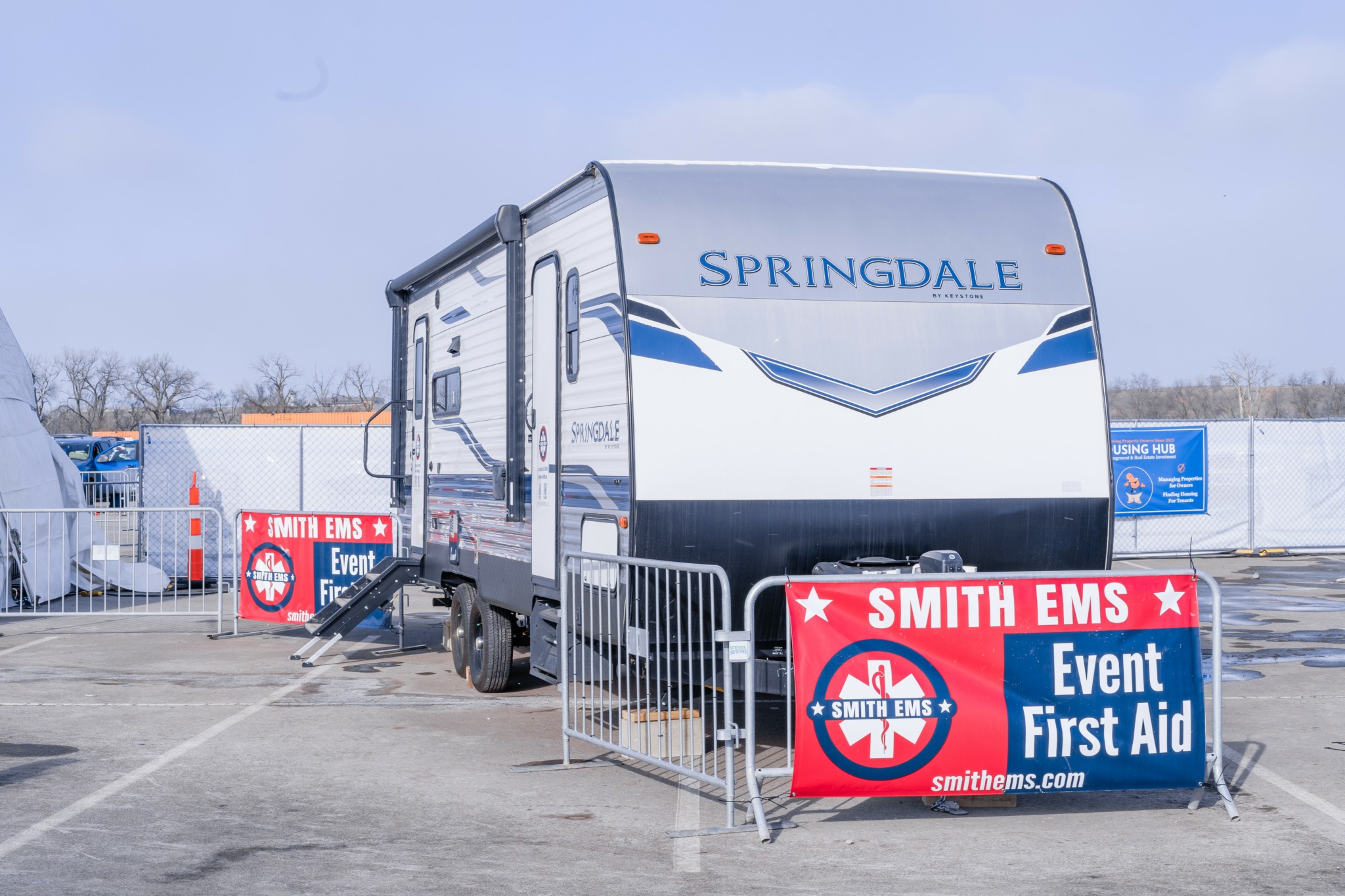

Let’s talk about resilience next – do you have a story you can share with us?
Funny enough, I just spoke at my high school’s TEDx Business event about the topic of resilience within my life, specifically as a high school entrepreneur. I like to look at resilience as a trio alongside focus and discipline—the ultimate trifecta for short- and long-term success. Resilience is what keeps you going when discipline is tested and focus is blurred. And for me, building and running Smith EMS while navigating high school, jobs, and college planning has pushed every part of that trifecta to the limit.
One story that stands out was last winter when we were days out from staffing a major multi-venue hockey tournament. At the last minute, another EMS provider backed out of their commitment for several rinks, and we were asked if we could step in. I had less than 72 hours to triple our coverage, get walkie setups distributed, update our backend tracking system, and confirm over a dozen medics—many of whom hadn’t worked that venue before. It was a logistical mess, and I was still heading to class every morning. But we made it happen. Not only did we fill every shift, but we had zero no-shows and received a follow-up note from the client calling it their smoothest tourney weekend.
Moments like that remind me that resilience doesn’t always look glamorous—it’s often just making the extra call, staying up an hour later, or being the one who figures it out when others freeze. I don’t think resilience is something anyone is born with instead, it’s something we build by repeatedly choosing not to quit when it would be easier to.
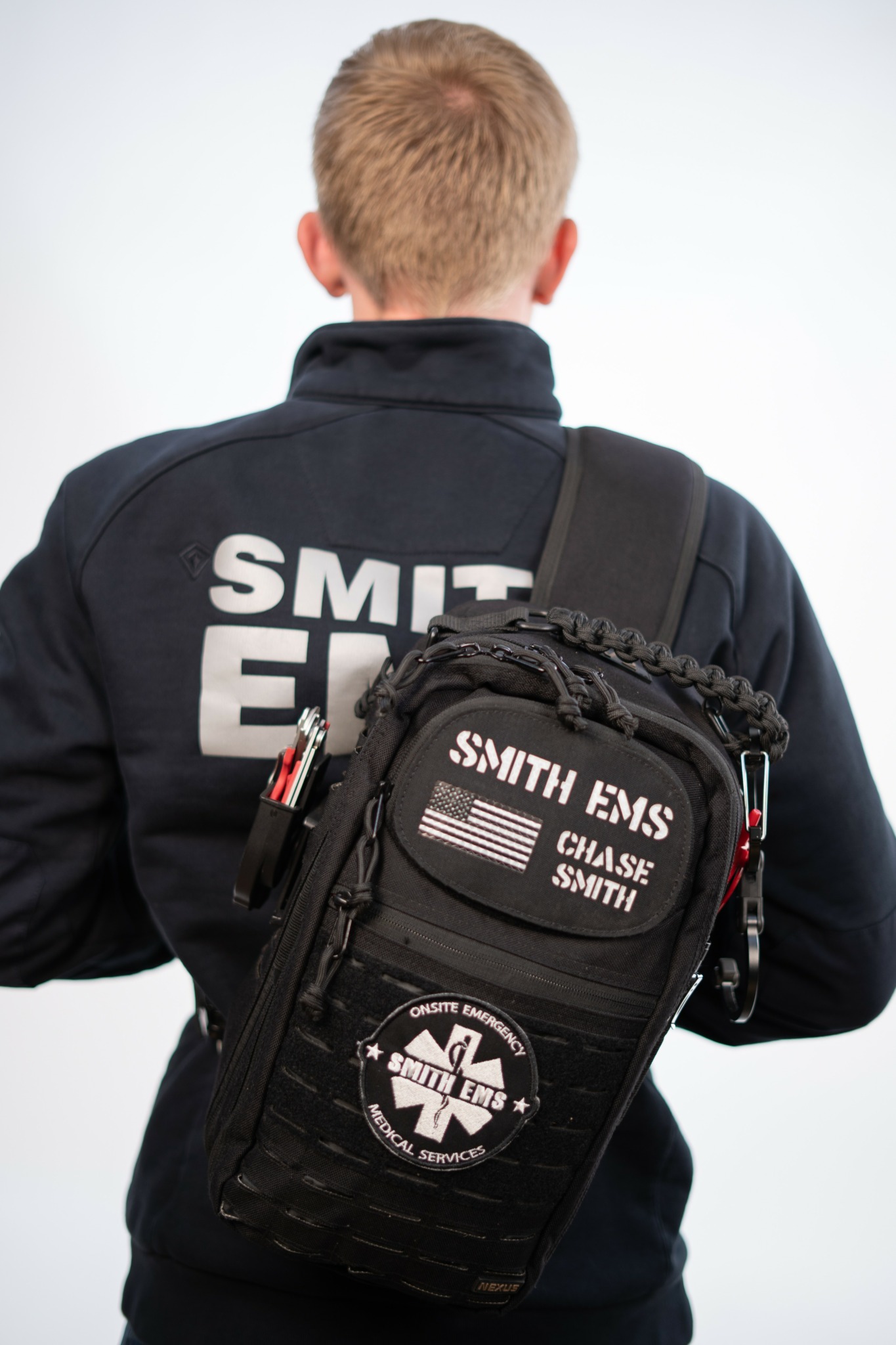
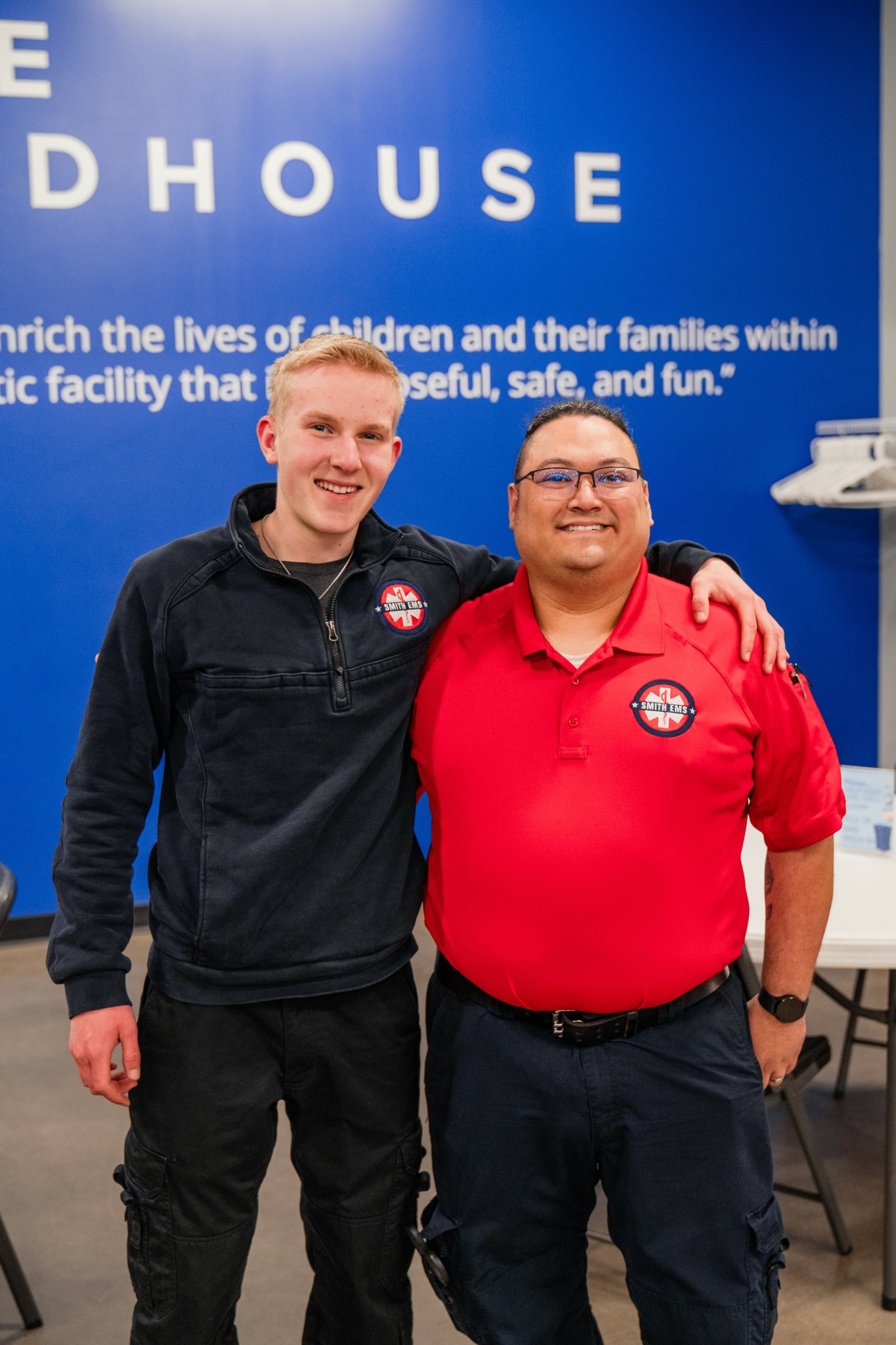
Where do you think you get most of your clients from?
For me and my crew, no matter how much time and effort we put into social media, outreach, and advertising, the answer is always resoundingly referrals. As a service-based business within the B2B athletics world, many of our clients are well-connected with other potential clients that are just like them. Athletic directors talk to other ADs, tournament directors see how other events are run, and when something stands out—word spreads.
That’s why we prioritize every single client relationship as if it’s our only one. We don’t just staff an event; we aim to become part of the event’s success story. Whether it’s being visible on the sidelines, jumping in to assist a coach with a last-minute need, or giving families clarity in stressful moments, those small interactions often become the exact stories that get shared with other organizers. In one case, a single weekend tournament led to four new clients over the following months—all from word-of-mouth between directors and organizers.
Referrals work because they come with built-in trust. And in a field where reliability and professionalism are non-negotiable, that trust is everything. We’ve leaned into that by making sure our processes are clean, our communication is prompt, and our service is consistently excellent—because we know that every shift we work might be the one that earns us our next client.
Contact Info:
- Website: https://smithems.com
- Instagram: https://www.instagram.com/smith.ems.llc?igsh=ZWE4ZzY4cDdkdWE4
- Facebook: https://www.facebook.com/profile.php?id=61571432904736
- Linkedin: https://linkedin.com/in/chasesmith01
- Youtube: http://www.youtube.com/@smith-ems
